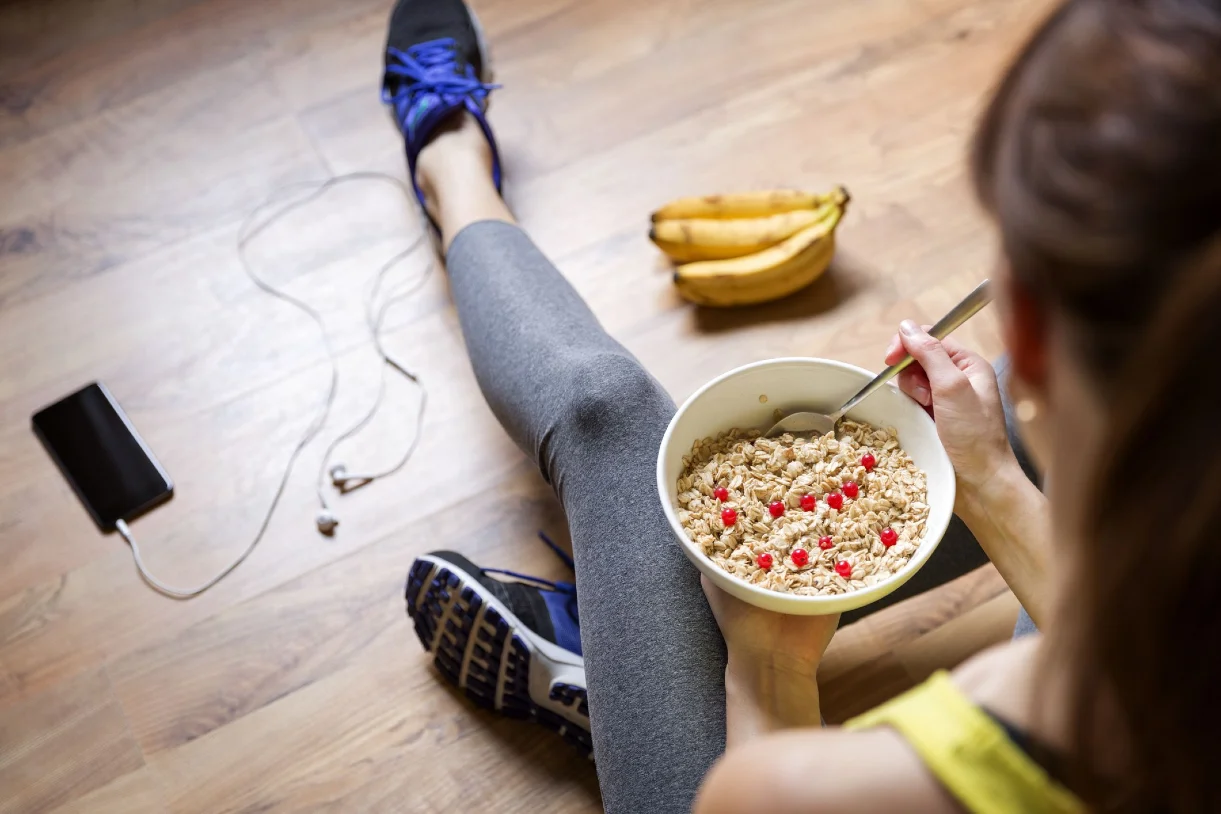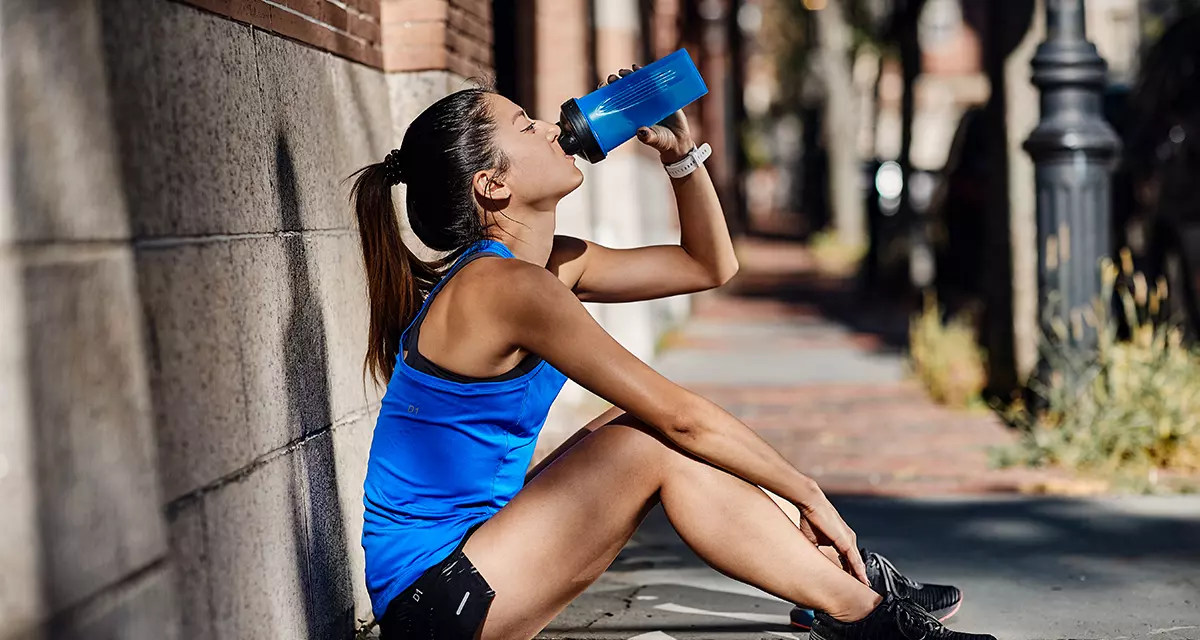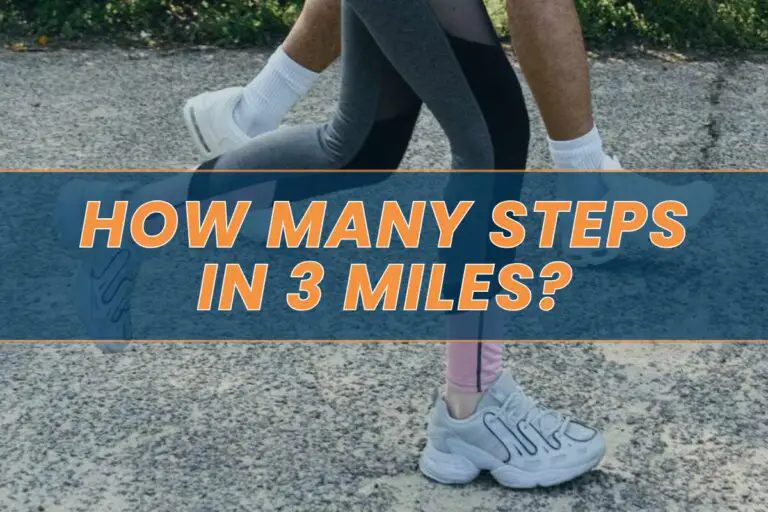4 Benefits of Carb Loading for Half Marathon: 3 Foods To Eat
Carb loading for half marathon races is crucial for athletes aiming to achieve their best performance. Along with proper training, knowing how and when to start carb loading for half marathon events can make a significant difference in your race-day performance.
Which foods are recommended to fuel muscles before a half marathon race?
When it comes to carb loading for half marathon races, prioritize foods that are rich in carbohydrates. Opt for options such as pasta, rice, potatoes, and oatmeal. These carb-rich foods will provide the necessary energy to fuel your muscles during the race and help you maintain a steady pace.
What Is Carb Loading?
Carb loading is a method used by long-distance runners and other endurance athletes to boost their energy levels before a race. The idea behind the practice is to increase the intake of carbohydrates, which are the body’s main source of fuel during exercise. By doing so, runners can maximize their glycogen stores, which are the stored form of carbohydrates in the muscles and liver.
The process of carb loading involves gradually increasing carbohydrate consumption in the days leading up to a race, usually starting two to three days beforehand. This allows the body to store extra glycogen, which can be used as a source of energy during the event.
Pro Tip:
Carb loading is particularly useful for endurance activities that last longer than 90 minutes, such as a half marathon. By ensuring that glycogen stores are fully stocked, runners can avoid hitting a wall where their energy levels suddenly drop.
4 Benefits of Carb Loading Before a Half Marathon
Carb loading, when done right, can provide several advantages that can significantly improve your performance during a half marathon. Let’s take a closer look at these benefits.
1. More Energy for Longer Durations
Carb loading for runners helps them have more energy to sustain their running for a longer period of time. All eaten carbohydrates turn into glucose, which is stored in your muscles and liver as glycogen. During a half marathon, your body relies on these glycogen stores for fuel. By increasing your carb intake through carb loading, you fill up your glycogen stores to the maximum. This means you have a bigger reserve of energy to use during the race.
2. Improved Performance
A half marathon carb loading routine can dramatically improve your overall performance. Your body has a ready source of fuel to drive your muscles when your glycogen reserves are full. This enables you to work harder and run faster for a longer period of time. Your stamina improves as your glycogen levels rise, allowing you to exert more effort and run at a quicker pace for the duration of the race.
3. Delayed Fatigue
Another benefit of carb loading is the ability to delay feeling tired. As you run, your glycogen stores gradually get used up. When these stores are depleted, your body starts relying on fat as an energy source. However, fat is not as efficient as glycogen. By carb loading for half marathon events, you make sure your glycogen stores are fully stocked. This means your body can rely on glycogen, the more efficient energy source, for a longer time.
4. Quicker Recovery
Carb loading not only benefits your performance during the race, but also plays a role in your recovery afterward. Running a half marathon puts a lot of stress on your muscles, depleting your glycogen stores and causing muscle damage. By carb loading before a race, you give your muscles a greater supply of glycogen. This helps speed up the recovery process by replenishing the glycogen stores more quickly.
Subscribe to Our Running Newsletter!
Get free running tips from renowned professional athletes and discounts from top-notch brands.
3 Ways How to Carb Load Correctly
Many people wonder how to carb load before a race. Carb loading before a race helps runners prepare their bodies for the long and intense races ahead of time. By following the right methods, runners can ensure they have enough energy to sustain their performance throughout a race. Here are some guidelines on how to carb load correctly.

1. Gradually Increase Carbohydrate Intake
When carb loading, it’s important to gradually increase your carbohydrate consumption over a period of two to three days leading up to the half marathon.
Start by adding 7-10 grams of carbohydrates per kilogram of body weight per day and gradually increase the amount by 5 grams till the half marathon.
This gradual increase allows your body to adjust to the higher carbohydrate intake without causing any discomfort or digestive issues.
2. Focus on Complex Carbohydrates
Opt for complex carbohydrates, as they provide a slow and sustained release of energy. These include foods like brown rice, quinoa, whole wheat bread, and oats. Complex carbohydrates also offer additional benefits, such as fiber, vitamins, and minerals, making them the best carb loading foods.
3. Include a Variety of Carbohydrate Sources
Wondering what to eat before half marathon races? It’s important to consume a diverse range of carbohydrate sources while carb loading. Incorporate fruits, vegetables, legumes, and dairy products into your plan. By diversifying your carbohydrate intake, you’ll provide your body with a broader spectrum of nutrients, including vitamins, minerals, and antioxidants, which are crucial for overall health and performance.

When to Start Carb Loading for Half Marathon Events
You may be wondering when to start carb loading for half marathon races? Carb loading for half marathon events should begin around two to three days before the race. This ensures that your body has enough time to store the necessary energy for optimal performance without feeling overly full or experiencing any digestive discomfort. It’s important not to start too early, as this could lead to unnecessary weight gain or feelings of sluggishness.
During the carb-loading phase, gradually increase your carbohydrate intake. It’s best to focus on complex carbohydrates, such as whole grains, fruits, vegetables, legumes, and starchy vegetables. These types of carbohydrates release energy slowly and prevent blood sugar spikes, providing a steady source of fuel for your body.
3 Foods to Eat When Carb Loading
When it comes to carb loading for a half marathon, selecting the right foods is essential to ensure you provide your body with the necessary fuel. Here are three examples of the best carb loading foods that are ideal for half marathon preparation.
1. Whole Grain Pasta
So, what to eat before the half marathon?
Pro Tip:
Whole grain pasta is a staple food for many runners during carb loading. It is an excellent source of complex carbohydrates, which are digested more slowly, providing a sustained release of energy.
Whole grain pasta is also rich in fiber, which aids in digestion and promotes feelings of fullness. When preparing whole grain pasta, opt for sauces that are light and low in fat. Tomato-based sauces or olive oil with herbs and vegetables are great choices.
2. Sweet Potatoes
Sweet potatoes are a nutritious and delicious option for carb loading. They are packed with complex carbohydrates, fiber, vitamins, and minerals. Sweet potatoes have a lower glycemic index than white potatoes, meaning they release energy at a slower and more consistent rate, avoiding sudden spikes in blood sugar levels. There are numerous ways to enjoy sweet potatoes during carb loading. You can bake them, roast them, or even make mashed sweet potatoes.
3. Quinoa
It’s a great idea to add quinoa to your carb-rich meals because it is a flexible and nutrient-rich grain. It has several advantages for runners and is a rich source of complex carbs, fiber, and important vitamins and minerals. You may cook it as a side dish to go with your main course, or as the foundation for a filling salad. Cooked quinoa can be combined with a variety of vibrant veggies, such as bell peppers, cucumbers, and tomatoes, to provide a wholesome and filling dinner.
3 Main Carb-Loading Mistakes Runners Make
While carb loading can be highly beneficial, there are a few common mistakes that runners make. In this section, we will explore some of these mistakes to help you avoid them and make the most out of your carb loading foods.
1. Neglecting Protein and Healthy Fats
While carb loading obviously focuses on carbohydrates, runners often overlook the importance of protein and healthy fats. These nutrients are essential for muscle repair and overall recovery. Incorporate lean protein sources like chicken, fish, and tofu, along with healthy fats from avocados and nuts, to maintain a balanced diet.
2. Relying on Processed Foods
Carb loading for runners often involves relying on processed foods, but this can be detrimental to performance. These foods are often high in refined sugars and lack essential nutrients. Instead, focus on whole foods like fruits, vegetables, whole grains, and legumes for a sustained release of energy.
3. Ignoring Hydration
Hydration is often overlooked during carb loading, but it’s crucial for optimal performance. Dehydration can hinder glycogen storage and lead to fatigue. Drink plenty of water throughout the carb-loading process to maintain proper hydration levels.

Frequently Asked Questions about Carb Loading for Half Marathon Races
How many carbs do you need for carb loading?
For half marathon carb loading, it is recommended to consume around 7-10 grams of carbohydrates per kilogram of body weight per day. This ensures sufficient glycogen stores for optimal performance during the race.
Is it bad to not eat before a half marathon?
Not eating before a half marathon can negatively impact performance. Carb loading provides the necessary fuel for endurance. Skipping meals can lead to low energy levels and fatigue during the race.
Final Tips for Carb Loading for Half Marathon Races
In conclusion, proper carb loading for half marathon races is essential for maximizing performance and endurance. By gradually increasing carbohydrate intake and focusing on complex carbs, runners can ensure their glycogen stores are optimized. Avoiding common mistakes like neglecting protein and healthy fats, overeating, relying on processed foods, and ignoring hydration is also crucial.
Also read:
- Is a 9 Minute Mile Good
- How to Keep Shorts From Riding Up
- Does Running Make You Taller
- Average 200 Meter Time by Age
- What to Eat After Running a Half Marathon
- Running on Concrete vs Grass
- Best Running Rain Jackets
References:
- Carbohydrate-Loading and Exercise Performance // Springer Link: https://link.springer.com/article/10.2165/00007256-199724020-00001
- What is Carb Loading and How Do You Carbo Load? // Verywell Fit: https://www.verywellfit.com/what-is-carb-loading-5196368
- Carb Loading: How to Do It + Common Mistakes // Healthline: https://www.healthline.com/nutrition/carb-loading
- How To Carb-Load Before Running A Marathon // coachweb: https://www.coachweb.com/nutrition/5302/how-to-carb-load-before-running-a-marathon
- Carb Loading? 5 Foods to Try. // Abbott: https://www.abbott.com/corpnewsroom/nutrition-health-and-wellness/carb-loading-5-foods-to-try.html
- WHEN IS CARB LOADING ACTUALLY NEEDED? // Datasport: https://www.datasport.com/en/essentials/when-is-carb-loading-actually-needed/
If you have any questions or suggestions, you can contact us via email – [email protected]






